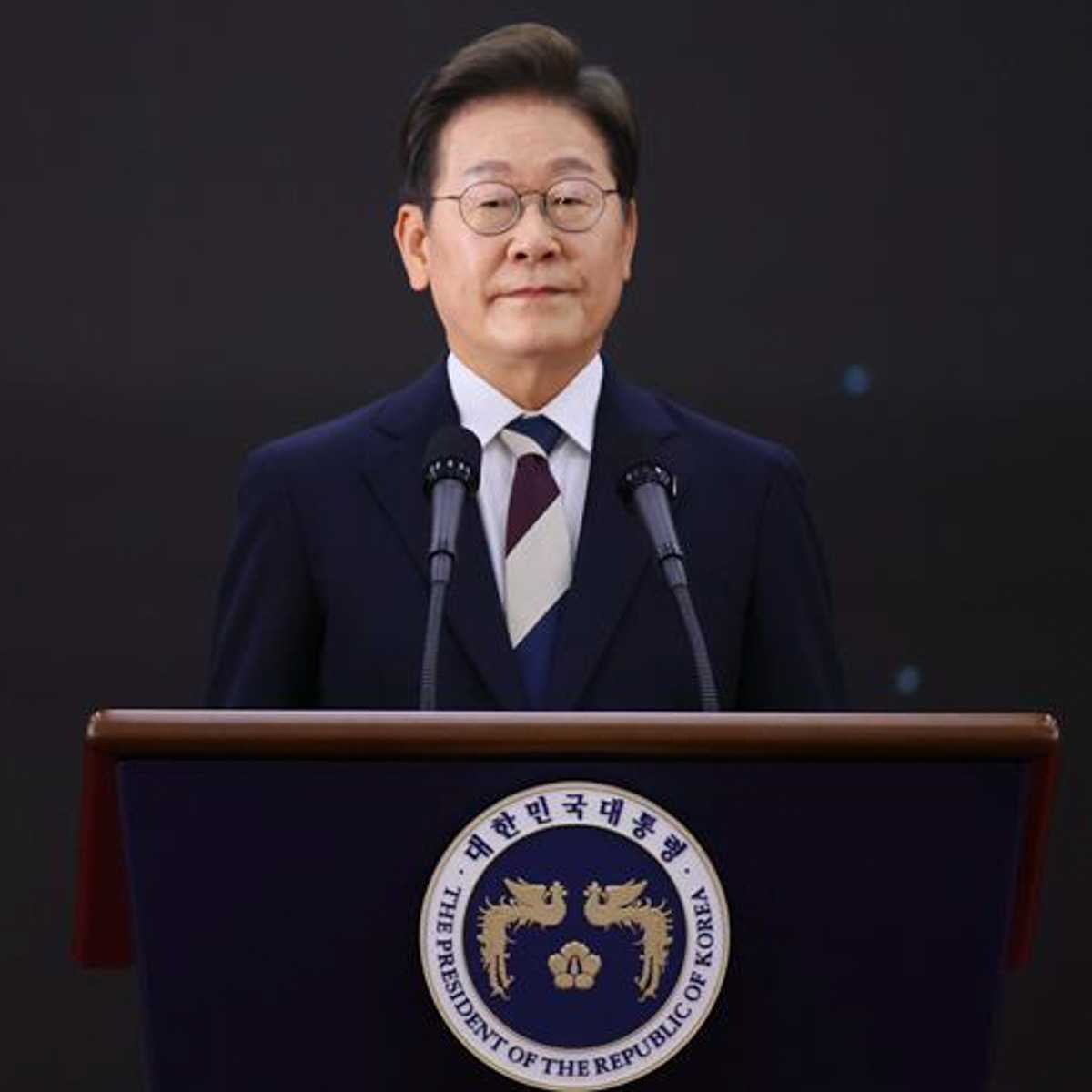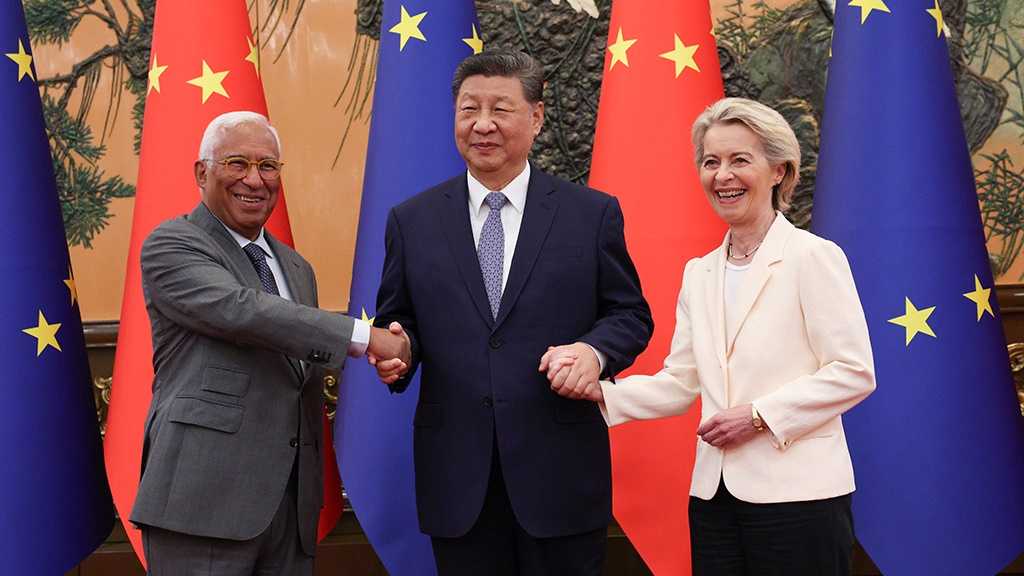

South Korea is entering a new political era. On June 3, Lee Jae-myung was elected as the country’s 21st President, marking a pivotal moment following months of political uncertainty. Backed by a progressive supermajority and propelled by voter demand for reform after months of political upheaval, the Lee administration is wasting no time in charting a new course, one that balances aggressive economic stimulus with deep structural reforms.
For global businesses, from consumer brands to digital platforms and industrial firms, this transition brings both complexity and opportunity. Navigating this new chapter will require close attention to policy signals, emerging risks and fast-evolving priorities.
A Government Ready to Act
Unlike many administrations constrained by divided legislatures or slow transitions, Lee enters office with both immediate executive power and strong parliamentary backing. His administration is expected to move swiftly, with early actions focused on jumpstarting domestic demand through a ₩13.8 trillion KRW (approximately $10 billion USD) stimulus package, and fast-tracking long-delayed reforms in labor, digital markets and corporate governance.
Key legislation to watch includes:
- The Online Platform Law, aimed at increasing transparency and competition across digital marketplaces.
- The Yellow Envelope Law, expanding protections for striking workers and union activity.
- Reforms to the Commercial Act, designed to strengthen shareholder rights and rein in opaque corporate practices.
These developments may create compliance and operational challenges, particularly for firms in retail, logistics and e-commerce, but also open new doors for engagement and innovation.
Industry Policy With Strategic Ambition
At the heart of President Lee’s economic vision is an assertive industrial policy designed to drive long-term growth. Some of the national priority industries—such as artificial intelligence (A)I, biohealth and health care, digital content creation, national defense, energy and sustainability and manufacturing—will benefit from state-backed investment and legislative fast-tracking. Korea’s Semiconductor Special Act will be a flagship initiative, offering expedited clusters and tax credits to reinforce the nation’s global tech dominance.
What sets this administration apart from the previous is its willingness to mix progressive ideals with pragmatic industrial ambition. High-tech innovation, R&D collaboration and public-private sector partnerships are likely to accelerate, especially in AI, green energy and bio-health. For foreign firms, aligning with these national priorities will be critical to securing licenses, partnerships and public support.
A More Active Regulatory Landscape
Despite strong signals for innovation, the regulatory environment is tightening. The Lee administration is placing new emphasis on platform accountability, labor rights and ESG compliance, setting the stage for stricter oversight of digital marketplaces, especially those run by foreign tech firms. This could reshape cost structures across sectors such as retail, logistics and services.
Digital trade tensions are also on the horizon, particularly with the United States under the Trump 2.0 administration. Issues such as algorithm transparency, fee structures and local vendor protections may trigger friction. At the same time, opportunities may grow with the EU and APAC partners, especially in areas like defense technology and clean energy.
For businesses, these changes highlight the urgency of responsible conduct, transparent operations and proactive stakeholder engagement to manage regulatory risk and build long-term resilience.
South Korea as a Strategic Hub
Despite a tightening policy environment, South Korea continues to stand out as a strategic market for innovation-led businesses. The government’s ambition to grow cultural exports to ₩50 trillion KRW (approximately $36.6 billion USD) by 2030 places cosmetics, fashion and K-content at the heart of its soft power strategy. Companies that integrate local culture, invest in ESG storytelling or tailor offerings for Korean consumers can set themselves apart in an increasingly competitive landscape.
Beyond content and consumer goods, South Korea is also becoming a testbed for emerging technologies. From AI-powered personalization to digital health and fintech, firms will find a government ready to co-invest in innovation. With strong state backing for AI, green tech and bio-health, Korea is evolving into a high-potential hub, not just for production, but for shaping the next wave of global innovation.
Looking Ahead
President Lee’s leadership will likely bring significant changes to how business is done in South Korea. As regulatory pressures rise and industrial policies shift, companies must ask themselves:
- Are we aligned with Korea’s emerging industrial priorities?
- Are we prepared for new labor and platform regulations?
- How do we strengthen ESG credibility and local partnerships?
- Can we pivot communications and operations to reflect this new environment?
- Are we closely monitoring geopolitical shifts that may affect supply chains, tariffs, or tech regulation?
Periods of transition often generate uncertainty, but they also create space for leadership, agility and innovation. With the right strategy, businesses can not only navigate the change, but shape what comes next.
Photo: Republic of Korea


